On the First Day of the Holiday Season
It’s the time of the year again when photos of children in costume and heavy wet autumn snow on not yet fallen leaves grace the pages of the Internet. Thanksgiving recipes begin to circulate and angry treastises on celebration dos and donts are pounded out on keyboards heard round the world. It’s the time of the year when families line their kids up around a fireplace or an Aspen tree or in a leaf pile or on grandparents day and snap the photo that will land in our mailbox in three, two, one weeks. I begin my yearly debate: should I find a photo of the two of us? Just a card with a message scrawled in it? A form letter, impersonal with the air of personality? One of those one page numbers with graphics and foil and a paperweight heft that says, “I spent money on this which is better than spending time on it.”
When I was still unmarried, every few years I would gather my gumption and send out a stack of cards to my dearest people scattered upon the earth. No photo, just a note. In our first year of marriage we sent a smiling image of us two and the tree we cut down with our own bare hacksaw. I can’t remember being so happy, or healthy, before or since. It was Thanksgiving weekend and seven friends were stuffed into our small house in Denver. A recipe for memories, some good and some bad. But it was before the second miscarriage (and the third and fourth and all the rest), before my birthday and the shooting I witnessed on it, before my car was broken into, and before the months of unemployment had rendered us weak. We had no idea the December and January and February yet to come. We sealed those envelopes and mailed them out and I still have that photo on our refrigerator.
Each year the Christmas cards come steadily in, smiling faces of families and babies and little ones growing. I am from a family of eight children and know those smiles don’t come without plenty of grimaces behind them, perhaps a hand on the back of a little one’s shirt to hold him still, a photographer making a fool of herself to get the toddler to smile, a story of teenage angst behind the purple hair, and the fight mom and dad had over the clothes she laid out for him. I am not naive to the sacrifices parents make to slip those embossed cards in the mail in preaddressed envelopes, to drive away feeling one glimmer of satisfaction until they notice the cheerios stuck on the floor of their minivan and the check engine light on and squabbling siblings in the back seat. I see you, friend, I see you, and I’m proud of you, but also, you didn’t have to.
Last year I didn’t send out cards despite the fact that I found pretty mint green ones with rose gold foil on them for three dollars a box in a post Christmas sale at HomeGoods the year before. They are still stacked in a giant Rubbermaid tote labeled: Christmas. We didn’t take photos and print them out. I didn’t scramble. On Christmas day Nate and I took a walk down the road from where we were staying back home in New York and the snow was falling and Harper was running in circles and the geese were squawking and we turned the camera around and shot a photo of our faces smiling for one perfect moment. I was happy again. The snow used to make me sad the way 95 degree days in October make me sad now, but the snow makes me happy now. “Happy Christmas!” I wrote on Instagram with that happy photo. And it was enough.
I have been thinking about how for a family with babies, those photos are indispensable. They mark the passing of time, growth, maturity, braces, hair cuts, tears, itchy sweaters, and college dreams. They are like the pen marks on the pantry door in the home in which I grew up. Gouges for the passing of time. No one really looks at the adults in those photos, the children are the stars of the show. But when you have no children, the only faces to see are his and hers and time is not always friendly to us past a certain age.
A new wrinkle here, more tired eyes than last year this time, a light gone out, a beard trimmed, or not. These minute particulars are the proof of the story we’re living behind the image you see. It’s true for families with children too, but different for families without. Different even more for the unmarried or alone. It is easier to celebrate how big Timmy has gotten or how beautiful Tilly has become. It is much harder to celebrate the passing of age once the grays have sprouted and the age spots are harder to cover. When you can’t hide your more-lumpy-than-curvy body behind the armor of your baby or the body of your six year old. When you have nothing to do with your hands but cling to one another for dear life. It’s harder to hide when it is only you two. Or you one.
When I was small my mother didn’t send photos in our Christmas cards. She would stack blank cards up on the table for weeks on end, it was a production, and she took it seriously. She penned a letter in each one and signed it in her round and happy font-like handwriting. We had the task of putting them in envelopes and sealing them and licking the stamps (this was before those fancy sticker stamps they have now). Piles and piles of green and red envelopes spilling all over our table for weeks. Every day we would take the stack of five or ten or fifteen she’d finished that day down to the mailbox at the end of our snowy driveway and stuff them in there for the mailman to take. I don’t know why she did it this way and perhaps I’ll ask her. But I remember it more clearly and better than any pressed and pushed family photo we ever took, except our last whole family photo in December of 1999, before Andrew died and before the divorce and before we all scattered around the globe.
Every family has a story, the big ones and the little ones, every person does too. I think I sometimes judge those fancy one page photo cards with the graphics on them because I don’t have children and I wish I did, not the future ones but the passed ones, the ones we’ve lost. But those families have stories too, painful ones, some more painful than mine. And those faces are aging, even the babies and the toddlers, they’re just more beautiful as they do it now. And those mamas and papas face unspeakable suffering too, even if they don’t sign it beside their names, on these cards, these proofs of life.
I don’t know if we’ll send cards this year or a photo or a letter or anything. Perhaps another image on social media, short, sweet, forgettable. Perhaps not. I wonder if perhaps sending a card—giving—is more for the benefit of the sender than the receiver. If marking the passage of time matters more to the one who living that time most intimately than to the one who thumbtacks it to their mantle for a month and then empties it into the garbage on that Thirteenth Morn.
Our first together.










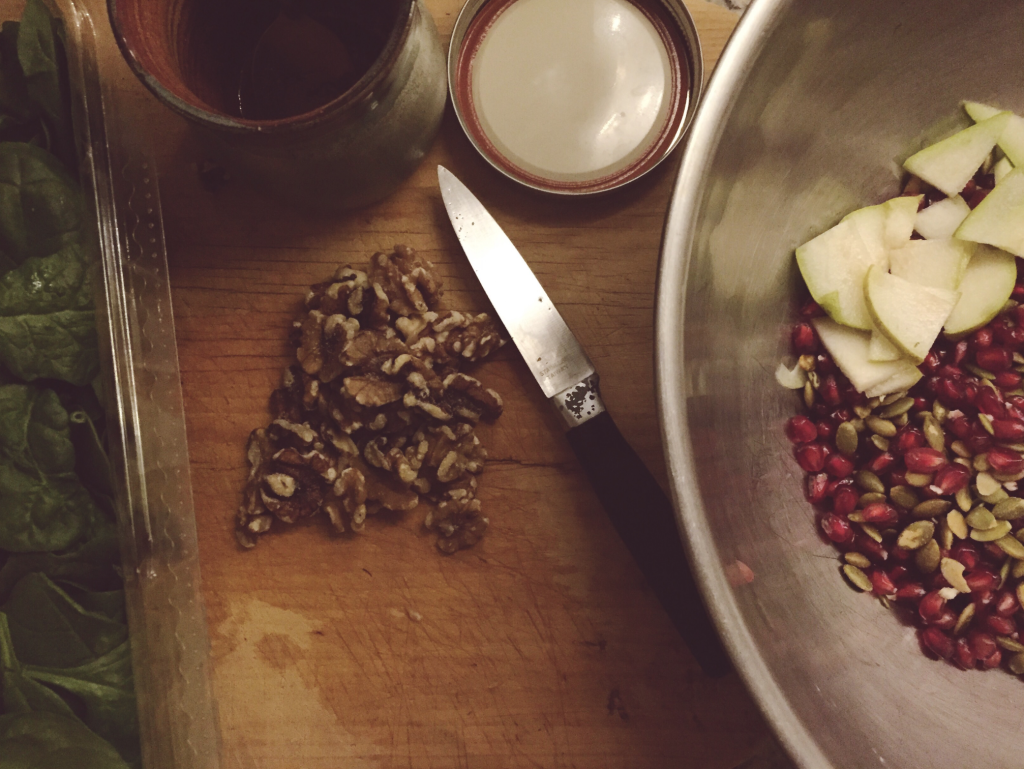
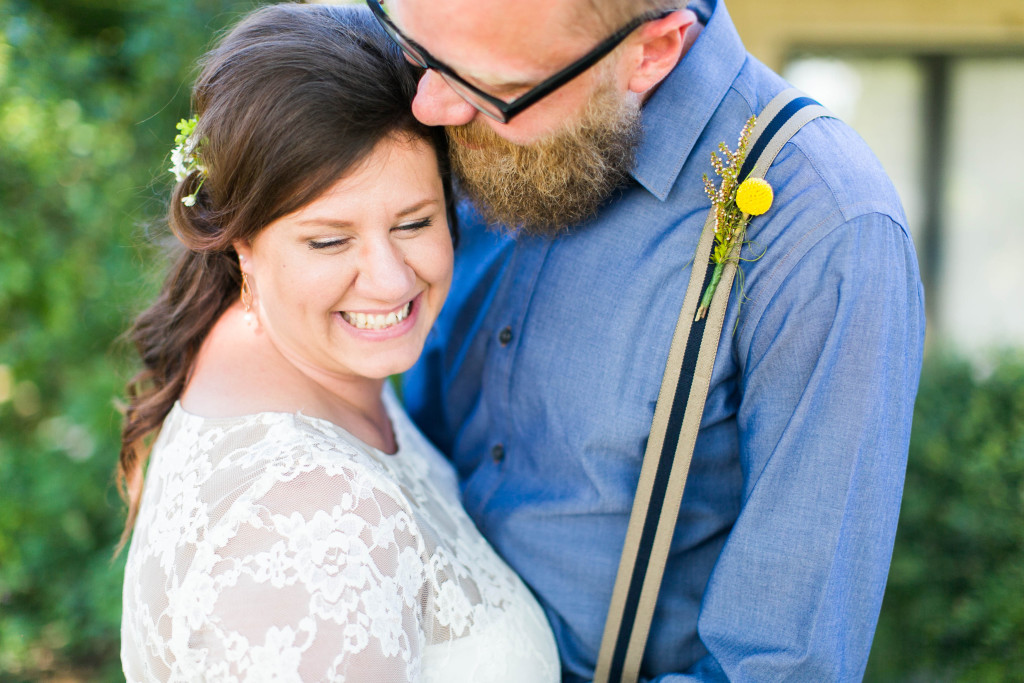
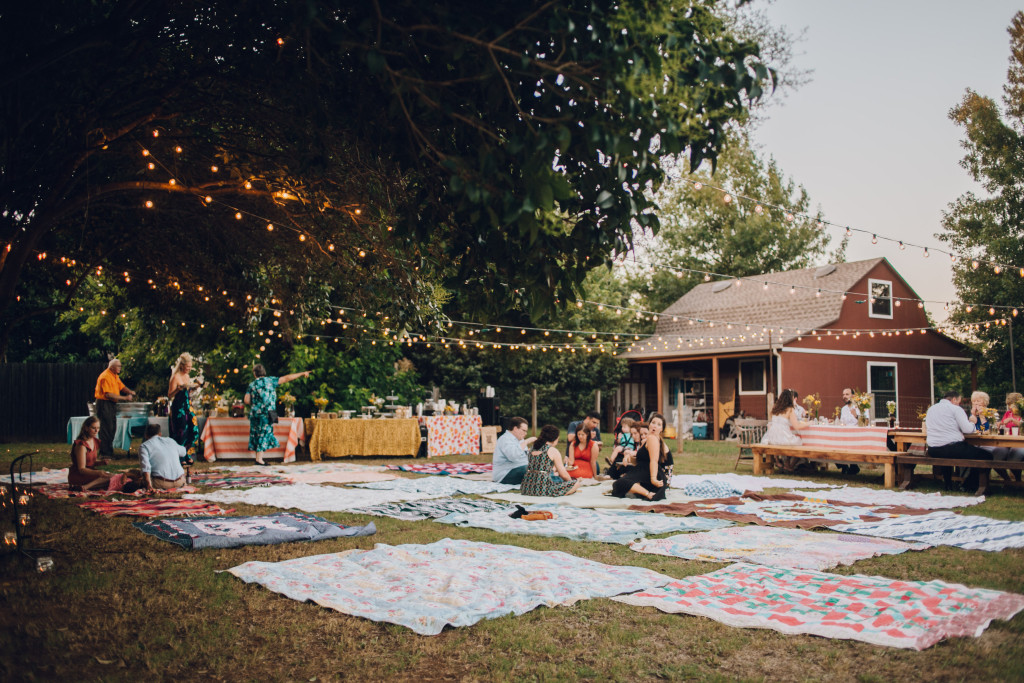
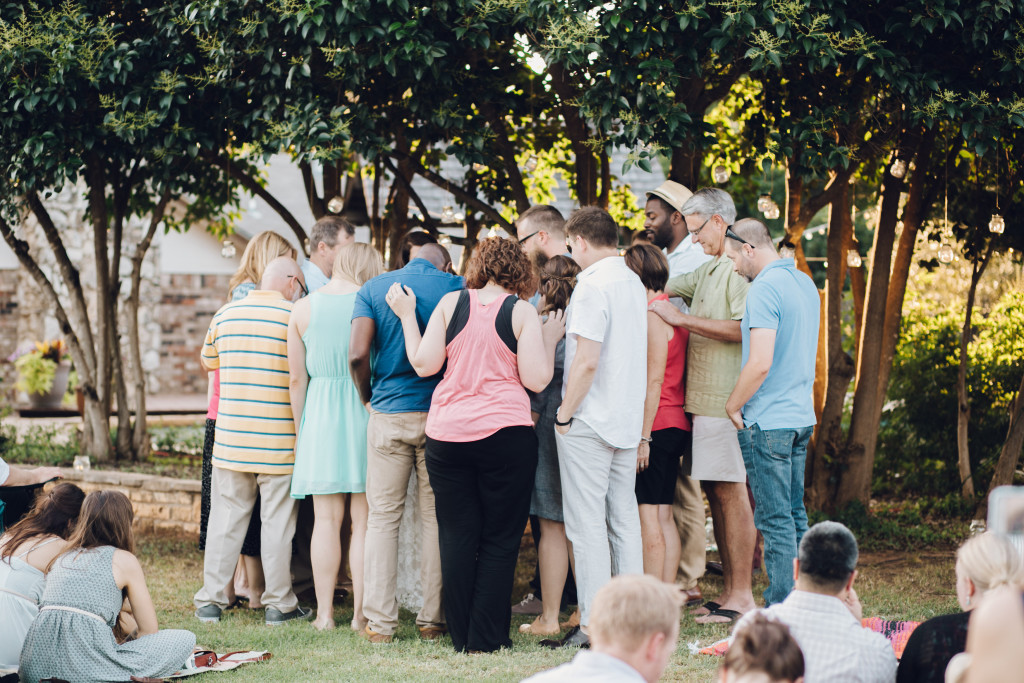
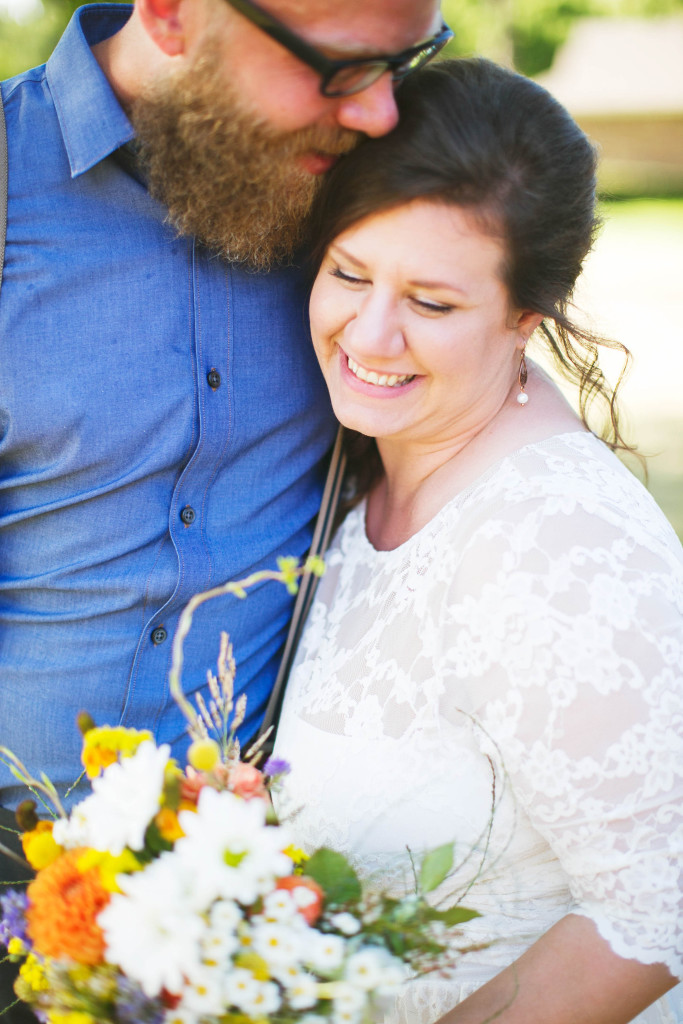


 Before I got married and was asked to write on singleness every other day, one of the questions I'd be asked often was, "How can married women encourage their unmarried sisters." I thought a lot about this question because I think it's a good one, but also because it can be easy to forget some pains of singleness once the vows are said.
In order for us to truly mourn with those who mourn and rejoice with those who rejoice, it takes a great amount of empathy—entering into the sadness, fears, and joys of our sisters and brothers in Christ. What is unfortunate, though, is that the question is rarely flipped the other way around. "How can unmarried women encourage their married sisters?" I think this is perhaps due to an incorrect view that those who are unmarried are somehow lesser than and therefore need greater amounts of encouragement than those who are married. This simply isn't true. What is true is that an unmarried person has distinct and perfect gifts designed by God for their season, and a married person has distinct and perfect gifts designed by God for theirs. No one is less than, or has less than—though it's hard to believe that as an unmarried person who longs for what your sisters and brothers have through their spouses.
Before I got married and was asked to write on singleness every other day, one of the questions I'd be asked often was, "How can married women encourage their unmarried sisters." I thought a lot about this question because I think it's a good one, but also because it can be easy to forget some pains of singleness once the vows are said.
In order for us to truly mourn with those who mourn and rejoice with those who rejoice, it takes a great amount of empathy—entering into the sadness, fears, and joys of our sisters and brothers in Christ. What is unfortunate, though, is that the question is rarely flipped the other way around. "How can unmarried women encourage their married sisters?" I think this is perhaps due to an incorrect view that those who are unmarried are somehow lesser than and therefore need greater amounts of encouragement than those who are married. This simply isn't true. What is true is that an unmarried person has distinct and perfect gifts designed by God for their season, and a married person has distinct and perfect gifts designed by God for theirs. No one is less than, or has less than—though it's hard to believe that as an unmarried person who longs for what your sisters and brothers have through their spouses.